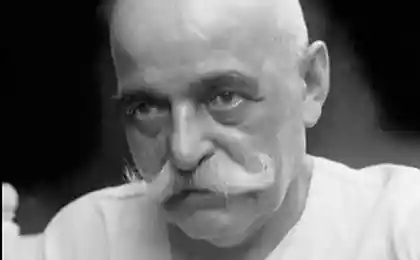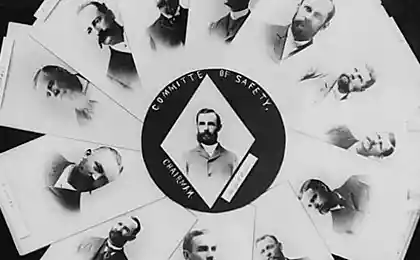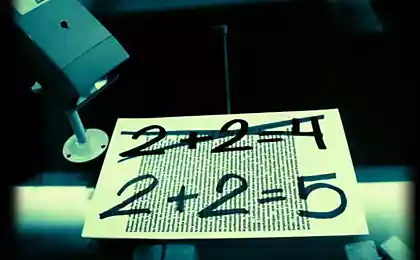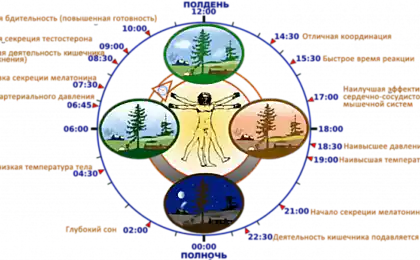725
How do we actually learn what time
Do not rely on internal chasam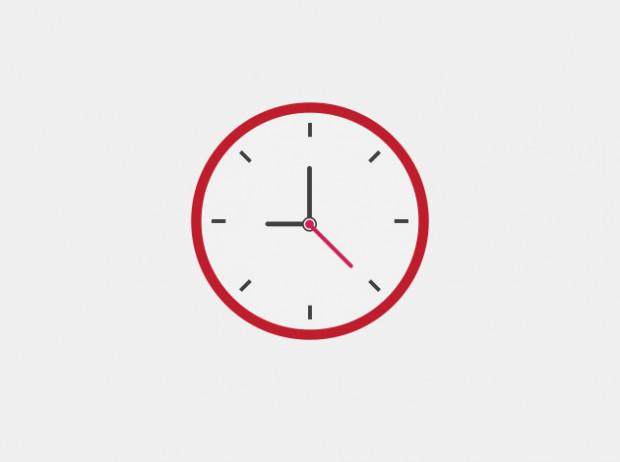
Why can not we say without looking at the clock, an hour has passed, or not? Most recently, neuroscientists explain how our brain perceives time.
Scientists are working on the problem of time perception by our brain, sometimes referred to as a field of knowledge just 'perception of time, "and sometimes -" watch the timing. " They have found that our brain is, on the one hand, one of the least accurate measuring instruments that we have ever used. On the other hand, this is an incredibly powerful tool.
So why does our perception of time will never be accurate? When you see how running the numbers on the display of your digital clocks, you are in the realm of "objective time" in which the minute interval is always 60 seconds. However, in this moment our brain relative. Sometimes our brain says "internal" a moment when the "real" moment has long passed. And all because we measure time by our biological clock with a high degree of subjectivity. Our internal clock in some cases very similar to the electronic. They measure time in units that scientists call the "momentum". These pulses are accumulated and then stored in our memory as a certain portion of the time interval. And this is where the strangeness begins. Our biological clock can "accelerate", or vice versa, "slow" in many different ways, from drugs to a mere distraction. When crossing the street takes you 60 seconds of "real" time, your internal clock can register a total of 50 "pulses" at the time of crossing the street you very sleepy. But they can fix and 100 "Pulse" if you drink a cup before going espresso. Because stimulants literally "are pushing" our internal clock. As a result, in the brain there are two memories about one minute of the objective, which is spent on crossing the street, and these memories correspond to two very different time intervals. Nevertheless, we all have some intuitive sense tells you how long is crossing the street. But this feeling is very approximate and each time it tells us a different time. Why is that? The answer to this question is what is called the "Gaussian distribution". Every time you want to know how long it takes for a case, your brain selects one of the time slots that are stored in memory. And he does it at random, it is completely random sample. So without these hours we, alas, can not do.
via factroom.ru

Why can not we say without looking at the clock, an hour has passed, or not? Most recently, neuroscientists explain how our brain perceives time.
Scientists are working on the problem of time perception by our brain, sometimes referred to as a field of knowledge just 'perception of time, "and sometimes -" watch the timing. " They have found that our brain is, on the one hand, one of the least accurate measuring instruments that we have ever used. On the other hand, this is an incredibly powerful tool.
So why does our perception of time will never be accurate? When you see how running the numbers on the display of your digital clocks, you are in the realm of "objective time" in which the minute interval is always 60 seconds. However, in this moment our brain relative. Sometimes our brain says "internal" a moment when the "real" moment has long passed. And all because we measure time by our biological clock with a high degree of subjectivity. Our internal clock in some cases very similar to the electronic. They measure time in units that scientists call the "momentum". These pulses are accumulated and then stored in our memory as a certain portion of the time interval. And this is where the strangeness begins. Our biological clock can "accelerate", or vice versa, "slow" in many different ways, from drugs to a mere distraction. When crossing the street takes you 60 seconds of "real" time, your internal clock can register a total of 50 "pulses" at the time of crossing the street you very sleepy. But they can fix and 100 "Pulse" if you drink a cup before going espresso. Because stimulants literally "are pushing" our internal clock. As a result, in the brain there are two memories about one minute of the objective, which is spent on crossing the street, and these memories correspond to two very different time intervals. Nevertheless, we all have some intuitive sense tells you how long is crossing the street. But this feeling is very approximate and each time it tells us a different time. Why is that? The answer to this question is what is called the "Gaussian distribution". Every time you want to know how long it takes for a case, your brain selects one of the time slots that are stored in memory. And he does it at random, it is completely random sample. So without these hours we, alas, can not do.
via factroom.ru
10 things that will change your idea of memory
The food is not able to lift the mood (do not be fooled)



